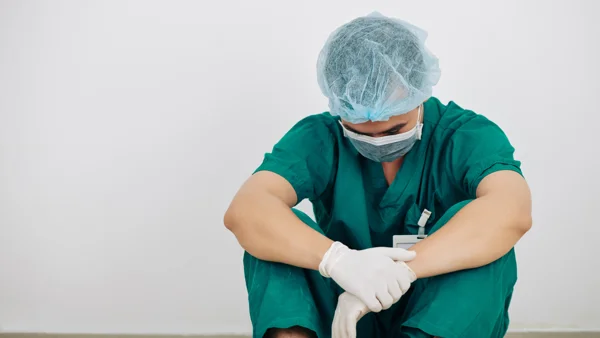
Understanding Oppressive Behaviours
The 2021 NHS Staff Survey for England reported that almost 19% all NHS staff experienced at least one incident harassment, bullying or abuse from their colleagues over the last 12 months[1]. Not only does this have a devastating impact on individuals and the teams within which they work, but it also has serious consequences for patient care. It is also contrary to the professional behaviours outlined in the General Medical Council's Good Medical Practice[2] guidance and the Nursing and Midwifery Council Code of Practice[3].
Bullying, undermining and abuse also drains limited NHS resources, and is estimated to cost the NHS in England at least £2.3bn[4] a year in sickness absence, employee turnover, productivity and employment relations. Moreover, studies in the US have attributed disruptive behaviour in the perioperative area alone to 67% of adverse events, 71% of medical errors, and 27% of perioperative deaths.[5]
Bullying harms your profession and your patients. #Let’sRemoveIt
In any given year, around a fifth of all NHS staff report that they have been subject to at least one incidence of bullying, undermining and harassment from their colleagues. Bullying affects all parts of the medical and nursing profession with serious consequences not only for those on the receiving end but for the working environment more generally. Even worse, bullying and undermining have a proven detrimental impact on patient outcomes, taking much needed resources and attention away from patient care.
Take Action Against Bullying
Whether you're witnessing or experiencing inappropriate behaviour, it's important to know the steps you can take.
What Can You Do?RCSEd’s Commitment to Eradicate Bullying in Healthcare Settings
The Royal College of Surgeons of Edinburgh is committed to eradicating bullying and undermining from the surgical and dental professions. We continue to:
- Have a zero tolerance approach to bullying, undermining, producing a series of Professional Standards.
- Provide free access to our anti-bullying toolkit, e-module and other supporting materials offered by partner organisations.
- Work with partners from across healthcare professions to host events, offer advice and other initiatives, such as the anti-bullying Alliance, aimed at developing practical solutions to address bullying in the medical workplace.
- Lead the debate on this issue in the press and on social media.
- Develop key performance indicators to determine the effectiveness of interventions and collaborations targeting bullying and undermining.
Anti-Bullying and Undermining Resources

The Facts and the Law
Explore the impact of bullying on patient safety, understand legal remedies, and see RCSEd’s commitment to fostering a respectful workplace.
Learn More
The Literature and the Specialities
Discover key studies and initiatives aimed at addressing issues in the medical and dental fields to promote a respectful and supportive work environment for all.
Learn More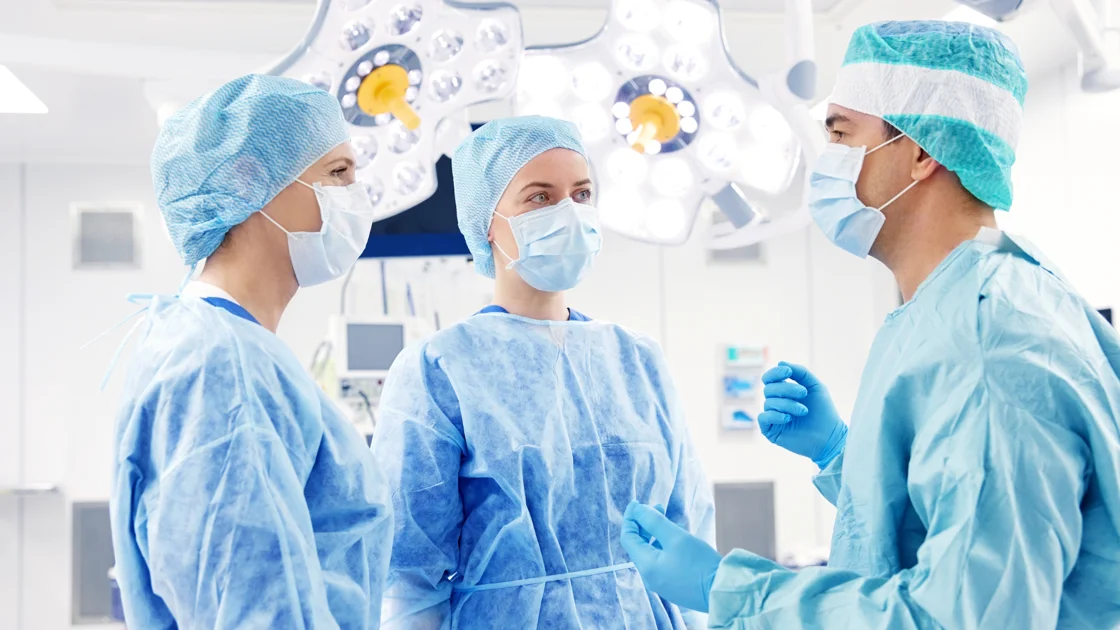
How Oppressive Behaviour Affects the Team & Patient Care
Explore real examples to understand the potential effects of oppressive behaviour in healthcare settings.
Learn More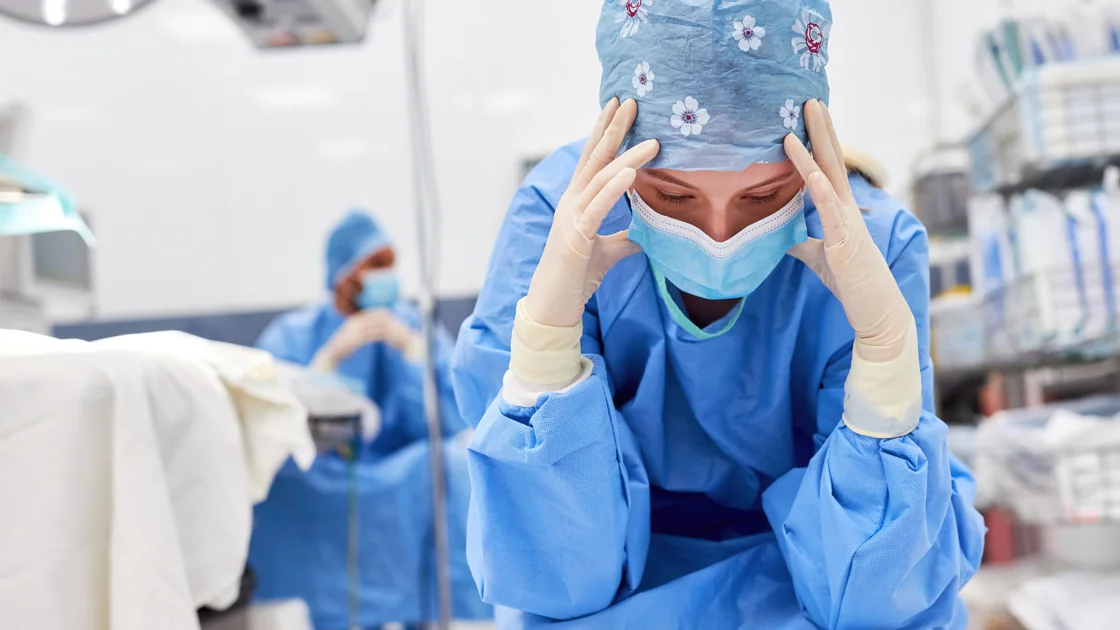
Are You Being Bullied?
Identify subtle or disruptive behaviours that harm teamwork and explore whether you may be experiencing bullying or harassment.
Learn More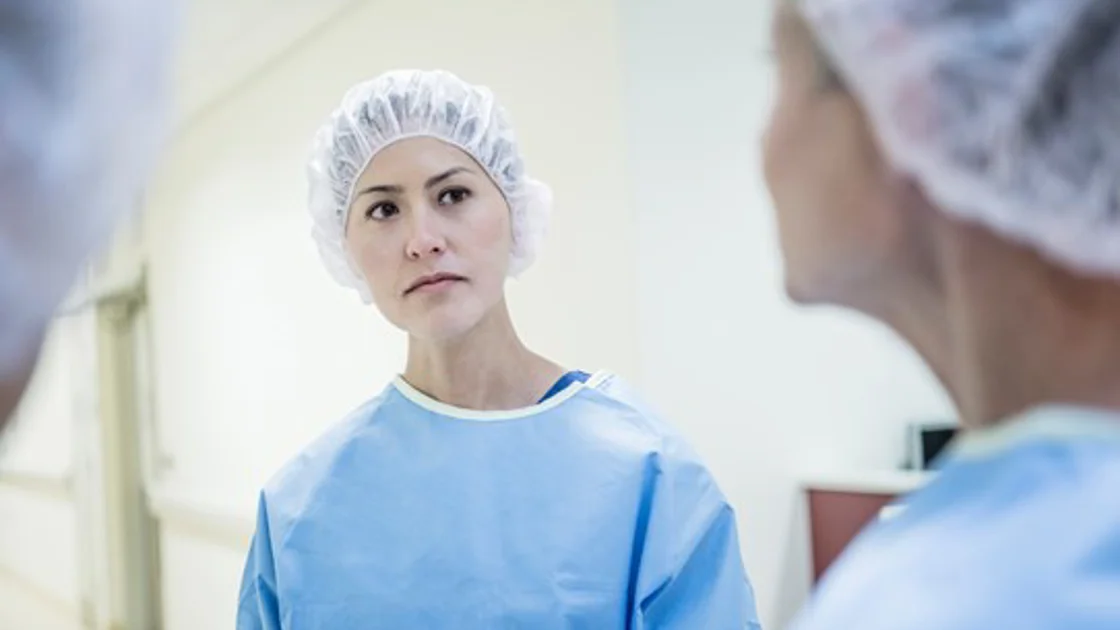
Is My Behaviour Affecting the Team
Engage in self-reflection and use a checklist to assess how your behaviour may impact colleagues and teamwork.
Learn More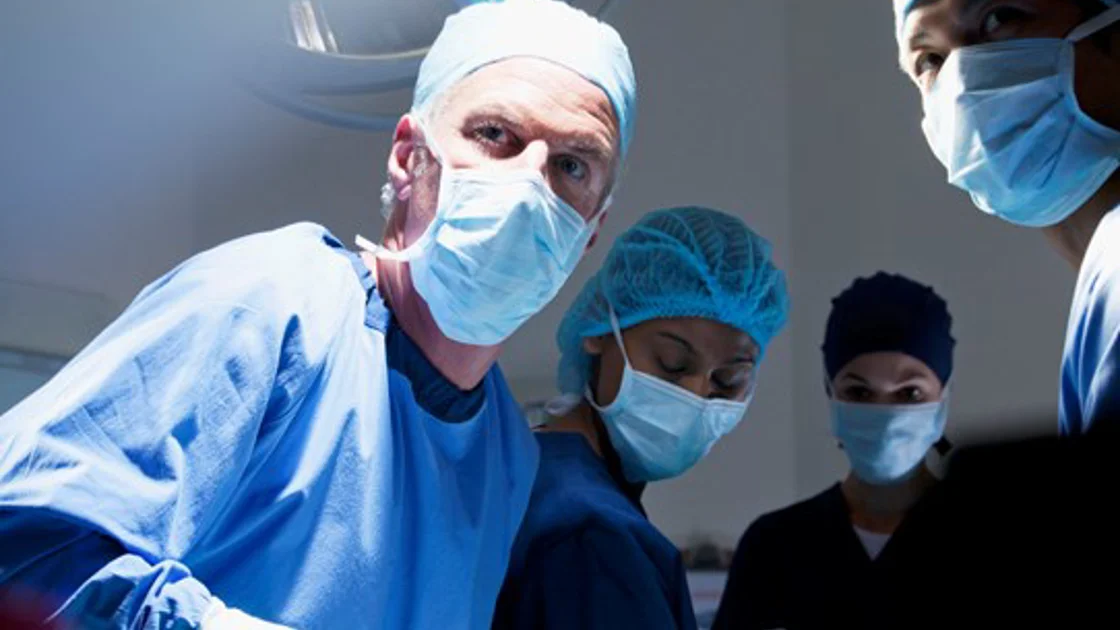
How to be Assertive Without Being a Bully
Explore practical recommendations to foster positive workplace relationships while addressing concerns without crossing the line into bullying.
Learn MoreRCSEd Code of Conduct
The Royal College of Surgeons of Edinburgh has a zero-tolerance approach to bullying, undermining and harassment. We are committed to using our core educational, assessment and audit activities to improve workplace behaviour and culture as well as use our influence to promote systemic change, working where we can in partnership with other organisations who are similarly committed to implementing long term change.
Our Code of Conduct will be shared with every member new and old and they will be asked to automatically sign up to the Code. It will affirm the professional behaviours we expect from our members.
RCSEd Code of Conduct
Reflects the College values and sets out the expected standards of ethics, probity and behaviour expected from the membership of the RCSEd.
Read HereThis campaign is endorsed by:
Find all reference links below
[1] NHS Survey Coordination Centre (2021) NHS Staff Survey 2021. Available at: NHS Staff Survey 2021 National results briefing (nhsstaffsurveys.com) Accessed 16.05.2022 09.11.
[2] GMC (2013) Good Medical Practice. Available at: Good medical practice-english (gmc-uk.org) Accessed 16.05.2022 09.13.
[3] NMC (2015) The Code; Professional Standards of Practice and Behaviour for Nurses, Midwives and Nursing Associates. Available at: nmc-code.pdf Accessed 16.05.2022 09.16.
[4] Kline R. and Lewis D. (2018) The price of fear: Estimating the financial cost of bullying and harassment to the NHS in England. Public Money and Management. Vol. 39:3, pp. 166-174. DOI: 10.1080/09540962.2018.1535044,
[5] Rosenstein A. H. and O’Daniel M. (2008) A survey of the impact of disruptive behaviors and communication defects on patient safety. Joint Commission Journal on Quality and Patient Safety. Vol. 34:8, pp. 464-471. DOI: 10.1016/s1553-7250(08)34058-6
Contact us
If you have any enquiries about any aspect of RCSEd’s anti-bullying work, please contact Chris Sanderson: c.sanderson@rcsed.ac.uk


